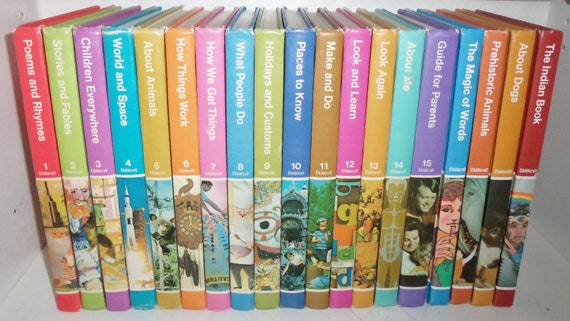Yeah, well I guess it's true that print encyclopedias are more limited because of the constraints of actual physical printing. There's a point where you have to just stop, lest the size (and therefore cost) of the volume spirals out of control. So I guess in this respect digital encyclopedias have the advantage, as they can essentially be . . . however big they need to be.
Your idea about a once-a-decade memento is an interesting one, and it's funny that you bring it up because I know one of the articles I read about the cessation of the printed version contained a quote from a company official that said something exactly like that might be a possibility. They're already doing a Book of the Year, which is a review of the events of the year before:
http://store.britannica.com/collections/books/products/04121610wrld
So that's interesting.
However, call me sentimental, but I still feel like we're missing something without a yearly physical edition of these encyclopedias. There's just something about having a physical book to read . . . it's a different experience . . . and I'd also call it a time-honored tradition.
Personally, I like the idea I put forth earlier in the thread: Sell a full set of World Book (since it's the only one still being printed) for the regular price ($999) and then sell each new year's edition to these existing customers for a relatively small upgrade fee (no more than $199, preferably $99). If that was the deal, I think I might actually do it.
On topic, you might find this article interesting:
https://newrepublic.com/article/101795/encyclopedia-britannica-publish-information




